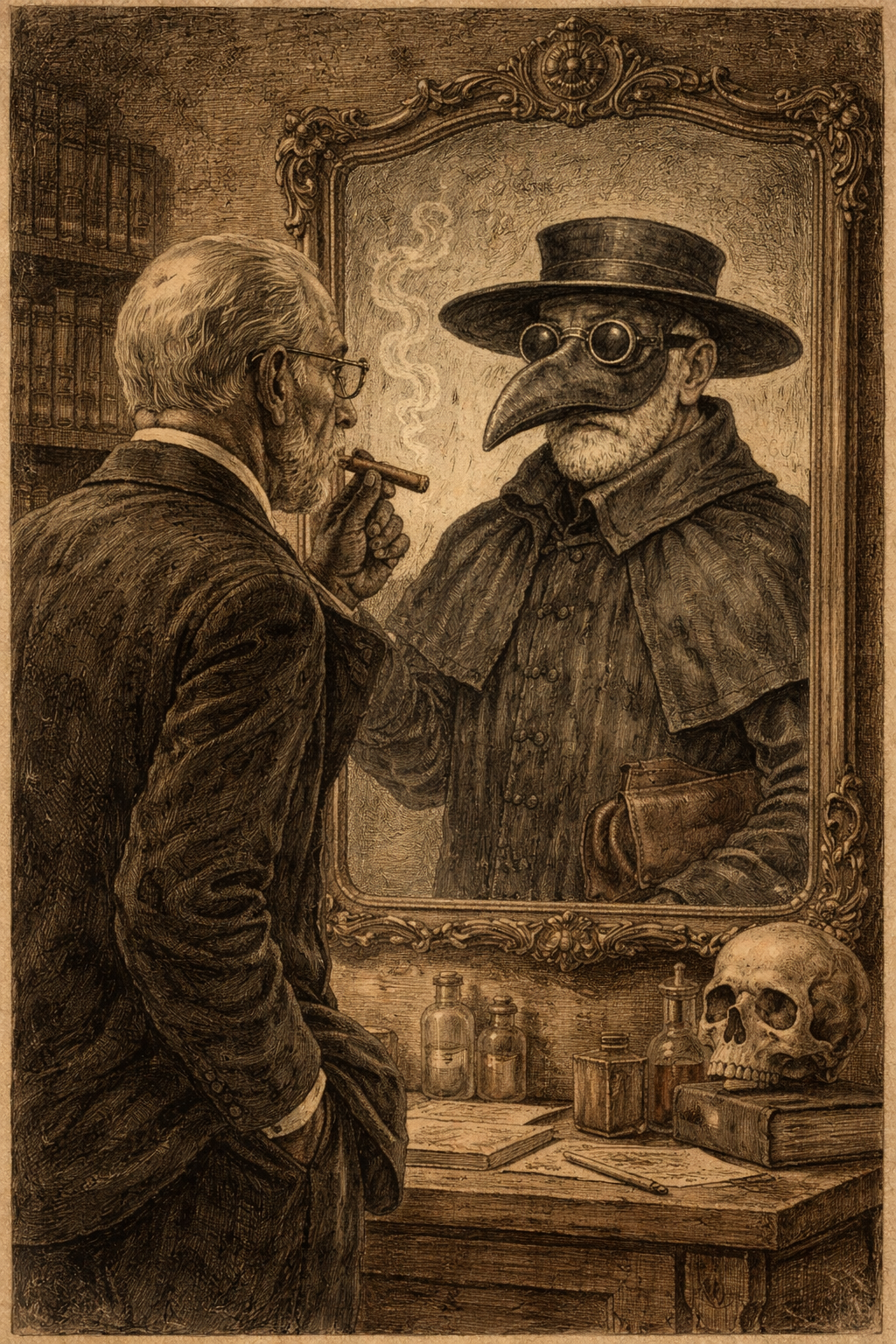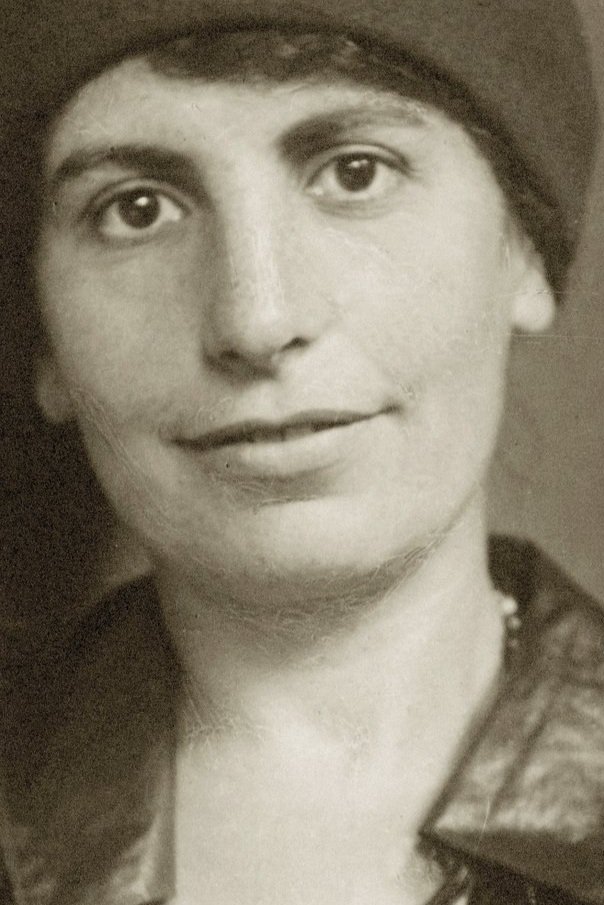‘One Thing or Your Mother’ - Understanding the Oedipal Complex
Sigmund Freud’s theories have profoundly shaped modern psychology and popular culture, with concepts such as the unconscious mind, dream interpretation, and psychosexual stages permeating both academic discussions and mainstream media. Among Freud’s most controversial and influential theories is the Oedipal complex. Originating from ancient Greek tragedy, Freud adapted the myth of Oedipus who unknowingly killed his father and married his mother, as a metaphor for unconscious desires and family dynamics in early childhood. This essay explores the historical origins, theoretical foundations, criticisms, and contemporary views of the Oedipal complex, aiming to provide a clear, thoughtful perspective on one of psychology's most debated concepts.
Historical and Mythological Origins
The Oedipal complex derives its name from the Greek mythological character Oedipus, depicted famously by Sophocles in "Oedipus Rex". In the story, Oedipus unwittingly fulfills a prophecy by murdering his father, King Laius, and marrying his mother, Queen Jocasta. Upon discovering this horrific truth, he blinds himself in despair. Freud, intrigued by themes of fate, unconscious motivations, and hidden desires, utilized this myth to illustrate the universal conflicts he believed existed within the psyche.
Freud introduced the term "Oedipus complex" in his seminal work, "The Interpretation of Dreams" (1899). Here, he theorized that children between approximately three and six years old experience subconscious sexual desires towards their opposite-sex parent and rivalry or hostility toward their same-sex parent. According to Freud, successfully navigating this complex is essential for the development of a healthy adult psyche.
Theoretical Foundations
Freud’s theory of psychosexual development posits five stages through which a child progresses: oral, anal, phallic, latency, and genital. The Oedipal complex specifically emerges during the phallic stage (approximately ages three to six). During this stage, Freud proposed that children become aware of their genitalia and, subsequently, the gender distinctions within their family structure.
For boys, Freud argued that the Oedipal complex manifests as unconscious sexual attraction to their mother, coupled with jealousy and resentment towards their father, perceived as a rival for maternal attention. Freud believed boys fear castration as punishment from their fathers, an anxiety he termed "castration anxiety." Resolution occurs when the boy begins to identify with his father, adopting masculine characteristics and suppressing incestuous impulses, thereby internalizing societal norms and moral values.
For girls, Freud described a related phenomenon known as the Electra complex, named after another figure from Greek mythology. According to Freud (and elaborated later by Carl Jung), girls initially desire their mothers but shift their affection towards their fathers after realizing they lack a penis, leading to "penis envy." Freud believed this envy resolved gradually as girls identified more with their mothers, ultimately aligning themselves with traditional female gender roles.
Criticisms and Controversies
Since Freud’s introduction of the Oedipal complex, his theory has faced significant criticism. Many argue Freud’s concepts reflect his own cultural and historical context, particularly the patriarchal, Victorian society in which he lived and not universal psychological truths. Critics also challenge the empirical validity of Freud’s theories, noting that they are difficult to test scientifically due to their inherently subjective and speculative nature.
Furthermore, feminist scholars have strongly criticized Freud’s portrayal of women within the Oedipal narrative. They argue Freud’s concept of penis envy unfairly portrays female development as inherently deficient, thus perpetuating gender biases. Psychoanalyst Karen Horney notably argued against Freud’s interpretation of women’s psychology, suggesting that social and cultural influences, rather than inherent envy or deficiency, shape gender roles and development.
Cognitive and developmental psychologists also contest the universality and necessity of Oedipal dynamics for psychological development. Jean Piaget and Erik Erikson, for example, proposed alternative developmental theories emphasizing social, emotional, and cognitive factors without necessarily invoking Freud’s psychosexual constructs.
Contemporary Perspectives
Despite these criticisms, Freud’s ideas on the Oedipal complex have persisted, influencing diverse fields such as literature, film, sociology, and anthropology. Contemporary psychoanalytic theorists often interpret the Oedipal complex metaphorically rather than literally, viewing it as symbolic of broader familial dynamics and conflicts rather than strictly sexual desires.
Attachment theory, developed by John Bowlby and Mary Ainsworth, also provides an alternative perspective on parent-child relationships. This theory emphasizes the importance of secure emotional bonds rather than sexualized conflicts as crucial determinants of psychological development and later relational patterns. Modern attachment research highlights the influence of early caregiving relationships on adult attachment styles, interpersonal behaviors, and emotional regulation, offering empirical evidence absent from Freud’s original framework.
Furthermore, contemporary research in psychology and neuroscience explores family dynamics through the lenses of evolutionary psychology and cognitive neuroscience. These approaches emphasize adaptive strategies, parental investment, and neurodevelopmental changes rather than unconscious sexual desires as explanatory frameworks.
Influence on Popular Culture
The Oedipal complex has profoundly influenced popular culture, featuring prominently in films, literature, and television. Shakespeare's "Hamlet" is frequently analysed through a Freudian lens, interpreting Hamlet’s hesitation in avenging his father's death as evidence of unresolved Oedipal desires. Films such as Alfred Hitchcock's "Psycho" dramatically portray exaggerated Oedipal themes, cementing the concept’s place within cultural imagination. Such portrayals have both reinforced and distorted public understanding of Freud’s original theories.
Simply put
The Oedipal complex, despite substantial criticism and empirical challenges, remains a critical component of psychoanalytic thought and cultural discourse. It encapsulates fundamental human anxieties about desire, identity, and social roles, highlighting the complexity of family dynamics and their psychological implications. While contemporary psychology largely rejects Freud’s literal interpretation, his enduring legacy is evident in the continued analysis, debate, and reflection sparked by his provocative theories.
By examining historical origins, theoretical underpinnings, criticisms, and contemporary interpretations, we gain deeper insight into the ongoing dialogue surrounding the Oedipal complex. Whether viewed as profound psychological insight, cultural artifact, or metaphorical framework, Freud’s controversial theory continues to offer compelling avenues for understanding human psychology and relationships.
References
Freud, S. (1900). The Interpretation of Dreams. Standard Edition.
Freud, S. (1905). Three Essays on the Theory of Sexuality. Standard Edition.
Sophocles. (1984). The Three Theban Plays (Robert Fagles, trans.). Penguin Books.
Bowlby, J. (1969). Attachment and Loss: Vol. 1. Attachment. Basic Books.
Piaget, J. (1952). The Origins of Intelligence in Children. International Universities Press.










